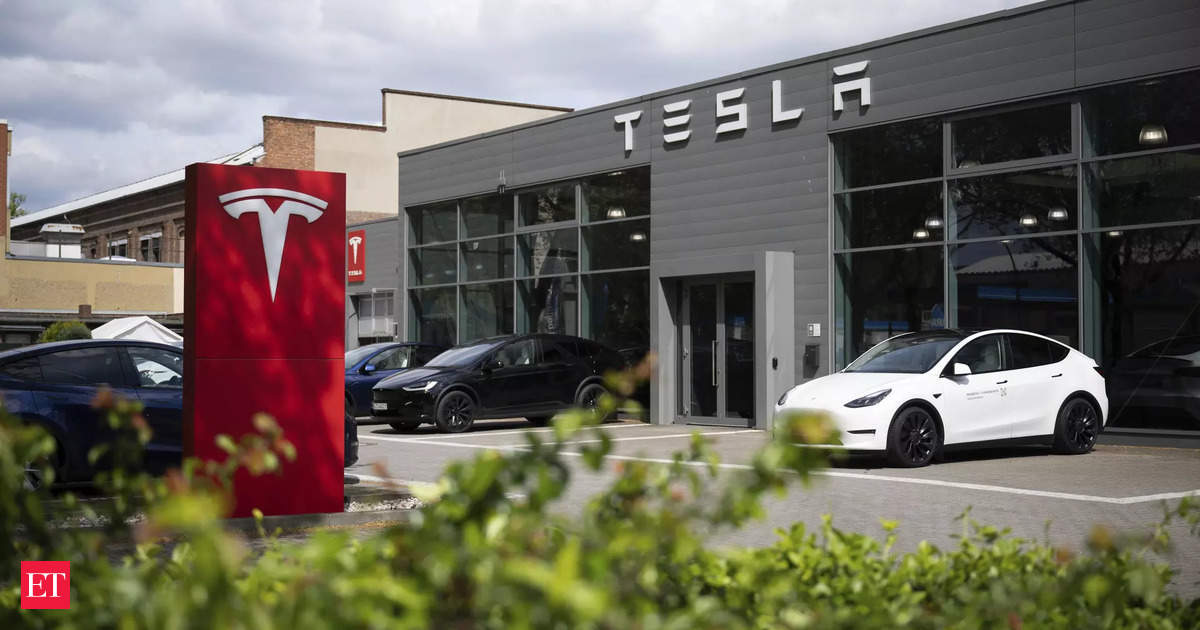It was sometime in early 2022 when Elon Musk, CEO of Tesla, expressed his concerns about India’s high import duty levels for cars and how it was impacting his company’s entry into the market. While several Indian states showed interest in attracting Tesla, not everyone was convinced about the hype surrounding Musk and his company. Despite facing competition from Chinese brands like BYD, Musk’s charisma and Tesla’s disruption in the electric vehicle space have made him a charismatic figure. However, Tesla’s disappointing Q1 results and the need to optimize capacity at its plants may have delayed Musk’s plans for India.
In March 2024, India announced its new electric vehicle policy, aiming to create an enabling environment for EV manufacturing and adoption. The policy offered incentives for companies investing at least USD 500 million in EV projects, allowing them to import 8,000 cars annually for five years at lower duty levels. While Tata Motors, Mahindra & Mahindra, MG Motor India, and Hyundai had already entered the EV market, Tesla remained the center of attention. However, with the uncertainty surrounding Tesla’s India project, it is unclear whether the new EV policy will make it more viable for the company.
Tesla has been talking about launching an affordable car priced around USD 25,000, but this price tag may still be prohibitive for many potential buyers in India. Additionally, Tesla’s plans to export cars made in India may be limited due to the lack of free trade agreements. India’s protectionist trade policies and the need for more FTAs are additional challenges for investors like Tesla. Furthermore, the share of electric cars in India’s passenger car market is projected to be 15%-20% by 2030. While this presents a sizable market, it is crucial for Tesla to achieve the volumes necessary to justify its investment and enable localization efforts.
The GST on EVs in India is currently 5%, but as volumes increase, it remains uncertain whether the government will continue to forgo the revenue. As seen with electric two-wheelers, subsidies can be withdrawn if they are not sustainable for the government. Moreover, the global shift towards diverse solutions for cleaner vehicular emissions highlights the challenges of relying solely on electric vehicles. China’s emergence as an EV powerhouse and the concerns it has raised in the EU and the US about Chinese car imports demonstrate the complexities of the global automotive industry.
Despite these challenges, Elon Musk can be assured that India remains open to his plans. However, the timing and success of Tesla’s entry into the Indian market will depend on various factors, including the company’s capacity optimization efforts, the viability of the new EV policy, and the broader trade environment between India and other countries.











